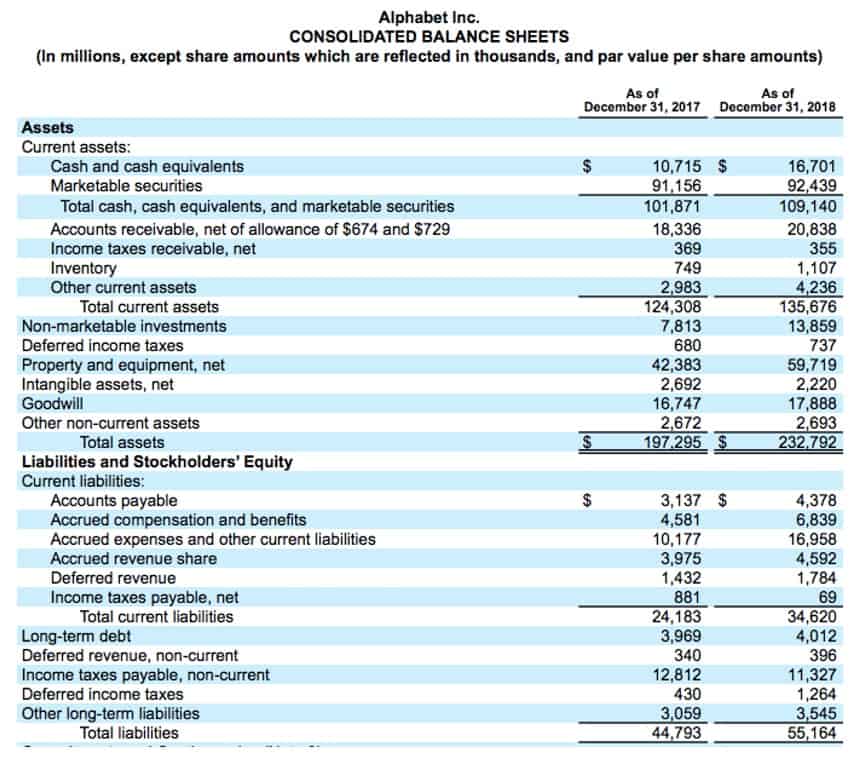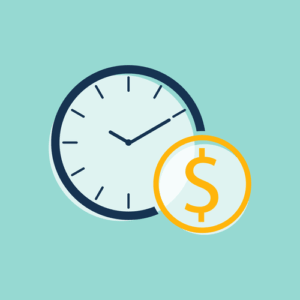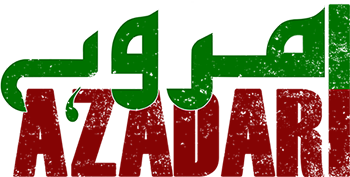
For example, when you fall sick and visit a hospital, your insurance provider will notify you about your copayment. Fixed expenses may change occasionally, but the change does not occur regularly. For example, your landlord might raise your rental fees, or you might choose to switch to a new internet service provider. This could include creating a budget, saving for a vacation, or eliminating debt.
- After accurately calculating your monthly average, you can plan accordingly.
- It may take a little work to lower them, but with consistent effort, you may free up a significant amount of your ordinary income each month.
- In the UAE, these non-deductible tax expenses still play a role in your business operations but don’t provide a direct financial benefit regarding tax savings.
- Regular monitoring and adjustment of recurring expenses are essential for maintaining financial stability and achieving your financial goals.
- While budgeting for variable expenses isn’t as tricky as fitting periodic expenses into your budget, their inconsistent nature can make it a bit challenging.
Types of Expenses in a Budget

Operating expenses are ongoing, and managing them effectively is crucial for maintaining profitability. Additionally, while fixed expenses are generally stable, some can increase over time. For example, insurance premiums and property taxes may rise due to inflation or changes in coverage needs. These increases can strain a budget if not anticipated and planned for. If your business manages multiple loans or lines of credit with varying interest rates and payment schedules, consider consolidating them into a single loan. Debt consolidation simplifies your payments and often comes with a lower interest rate, which can reduce your monthly debt obligations.
Fixed, Variable and Periodic Expenses Explained
- As a small business owner, managing finances effectively is not just about boosting revenue, but also about optimizing expenses.
- For example, before allocating money to savings, investments, or leisure activities, it’s essential to ensure that fixed expenses are fully covered.
- Fixed expenses are regular costs that remain the same each month, regardless of how much revenue your business generates.
- Fixed expenses remain constant (e.g., rent), while variable expenses fluctuate based on business activity (e.g., raw material costs).
- Here’s a deeper look into strategies that can enhance control over these financial aspects.
- For example, groceries are a necessity, but you can determine how much you want to spend.
This step is crucial for maintaining financial accuracy and ensuring you’re prepared for any expenses which are necessary, stable and occur regularly changes in your business’s cash flow needs. Beyond compliance, proper record retention aids financial planning and decision-making. Historical data can reveal spending patterns, inefficiencies, and opportunities for cost-saving measures.

Step 2: Choose a Tracking Method
- While fixed expenses appear to be locked in, they have some flexibility.
- This includes your office expenses list—everyday items like paper, pens, computers, printers, and other essential equipment.
- This helps avoid overextending financially and ensures that all obligations can be met without stress.
- It ensures you can always pay the higher price, making it less likely that you’ll come up short than if you budgeted for an average.
Entertainment expenses are generally non-deductible unless closely tied to business objectives. Proper documentation, such as itemized receipts and meeting agendas, is critical to support these deductions. It is worth noting that the Qoyod program is an accounting program that enables you to add expenses with ease.
Reduce Utility Bills
Accurate accounting and proactive financial planning are key to navigating the complexities of modern business expenses. Housing payments, such as rent or mortgage installments, are classic fixed expenses. These payments are governed by lease agreements or mortgage contracts, specifying a fixed amount due at regular intervals, typically bookkeeping and payroll services monthly. For renters, lease agreements detail rent amounts and conditions for renewal or termination, while mortgage contracts outline principal and interest payments over the loan term. For businesses, office lease payments are categorized as operating expenses, affecting income statements and cash flow projections. Understanding these agreements is essential, as they often include late payment penalties or interest rate adjustments.
How to Save on Fixed and Variable Expenses
These expenses are predictable and are a key component of budgeting because they must be paid regardless of the financial situation. Examples of fixed expenses include rent or mortgage payments, insurance premiums, loan payments, and certain utility bills. Because they do not fluctuate, fixed expenses are easier to plan for and are crucial in managing cash flow and maintaining financial stability.
What are Variable Expenses?
Those are also known as what are retained earnings assets, liabilities, and equity, respectively. Income refers to your monthly salary and any other source of earnings during the month. Add everything up, including income from your side hustles, to get your total monthly income.

Save in advance

Compare different providers to see if you can get the same coverage at a lower premium. You can also bundle multiple types of insurance—like liability, property, and auto—with one provider for a discount. Adjusting your coverage limits or opting for higher deductibles can reduce premiums without sacrificing necessary protection. This step provides a reliable baseline for your overall budget and ensures you’re prepared for essential payments regardless of revenue fluctuations. On the other hand, purchasing luxury office furniture might not meet the “necessary” threshold and could attract IRS scrutiny.

Recent comments